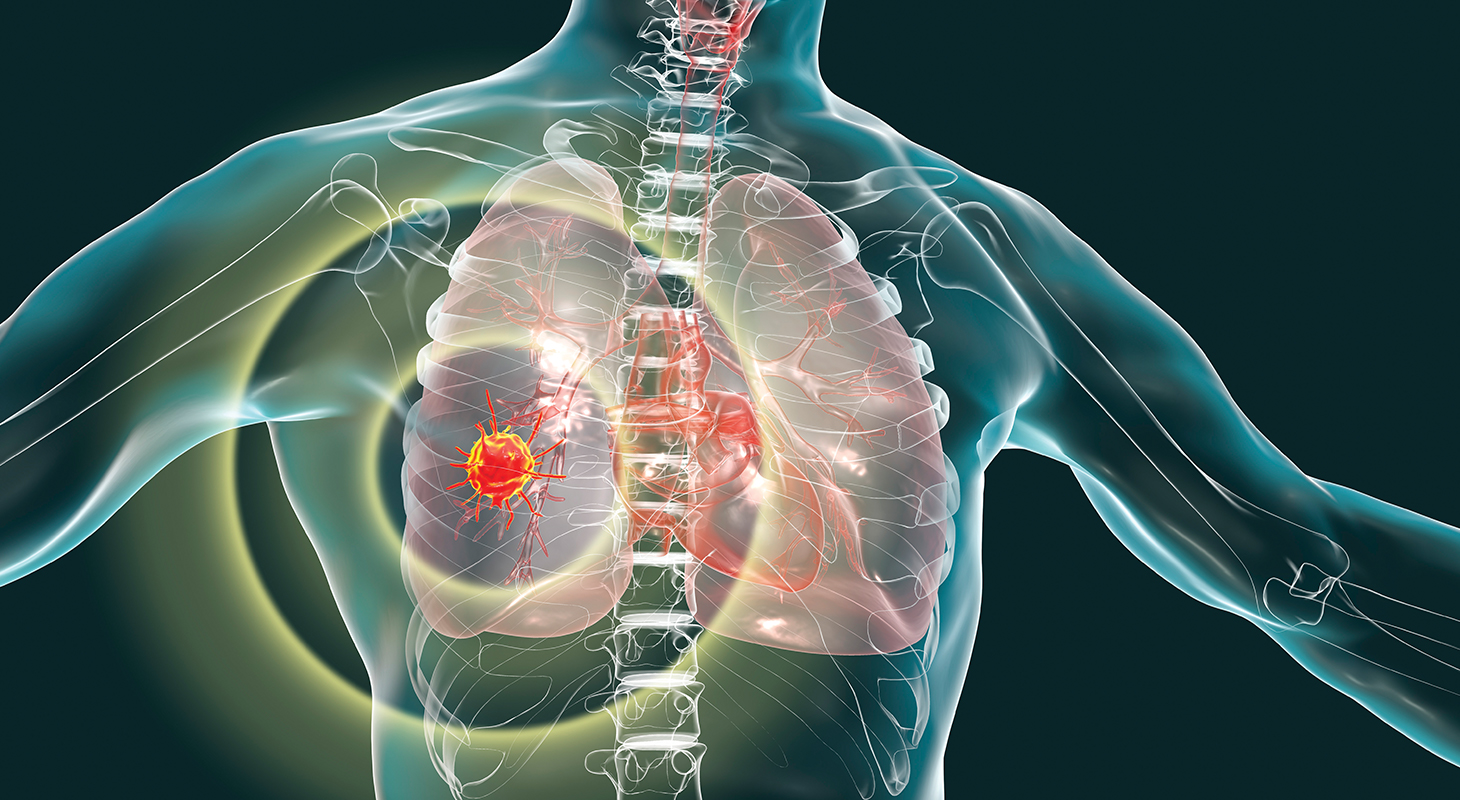
Although tobacco products cause most lung cancer deaths, one-fourth of lung cancers occur in people who have never smoked. In a study published in December 2020 in Thorax, H. Dean Hosgood, Ph.D., associate professor of epidemiology & population health at Einstein, and colleagues analyzed the diversity of microbiota that had been collected from the respiratory tracts of men and women in Shanghai, China, who had never smoked. The researchers found that lower bacterial diversity was associated with a greater risk for subsequent occurrence of lung cancer among never-smokers.
In addition, the researchers found that increased abundance of bacteria in the Firmicutes phylum, and Lactobacillales in particular, in the respiratory tract may be associated with an increased risk of lung cancer in never-smokers. The findings provide further insight into the causes of lung cancer in the absence of active tobacco smoking.
Dr. Hosgood is also the director of global environmental health for the Global Health Center at Einstein and the associate director for population and clinical sciences in Einstein’s Clinical Research Training Program.